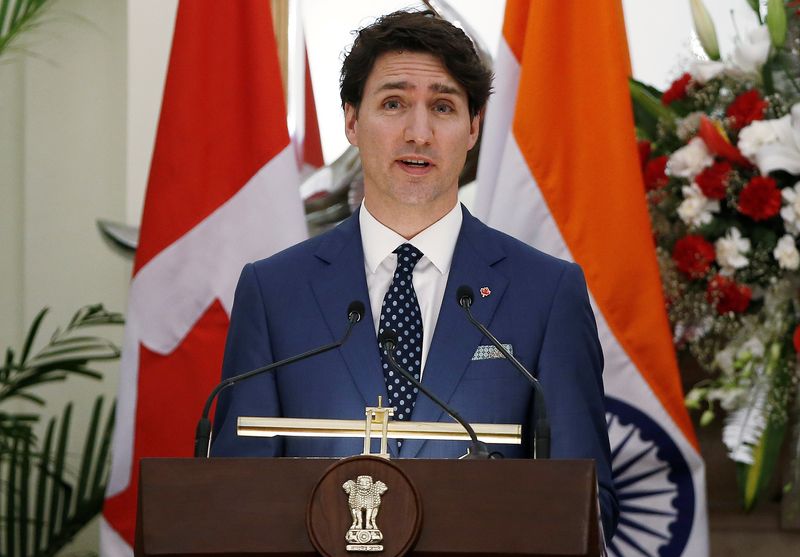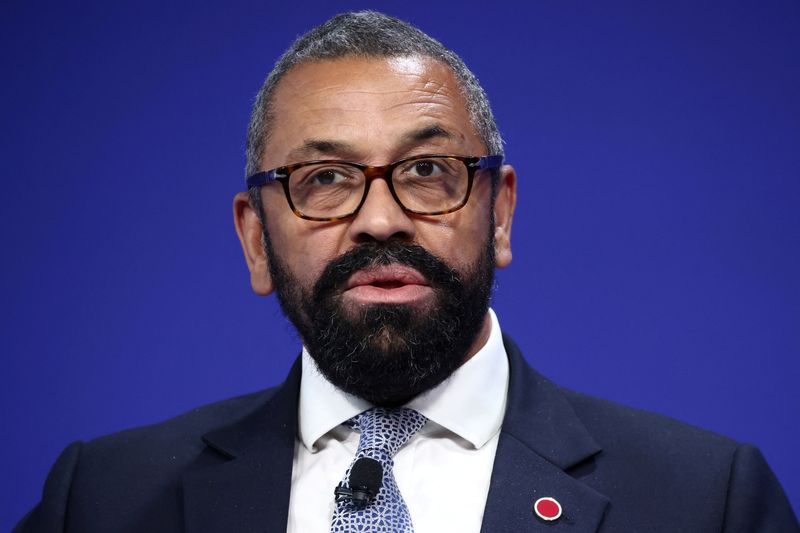NEW DELHI/LONDON (Reuters) - Freedom of expression cannot be used for "legitimising violence", India said on Thursday in response to media reports citing comments by Canada's prime minister on Ottawa's handling of supporters of a separate state for the Sikh community.
India summoned the Canadian envoy in New Delhi to register its protest after Indian media reported that posters issued for rallies there and in Britain by the Sikh group's supporters also targeted Indian diplomats, a foreign ministry spokesperson said.
"The matter has been strongly taken up with Canadian authorities, both in New Delhi and in Ottawa," Arindam Bagchi said. "Posters inciting violence against diplomats and our diplomatic premises are unacceptable, and we condemn them in the strongest terms."
Canadian Prime Minister Justin Trudeau was quoted by media as saying that India was "wrong" to suggest he was soft on the protesters. He said that there is freedom of expression, "but we will always make sure that we are pushing back against violence and extremism in all its forms".
Bagchi said that the "issue is not about freedom of expression. But its misuse for advocating violence, for propagating separatism and for legitimising terrorism".
In Britain, foreign minister James Cleverly warned earlier on Thursday against any attacks on the Indian embassy, saying the safety of the Indian mission was paramount.

Cleverly's remarks followed Indian media reports about a poster they said had been circulating on Twitter to promote a rally on July 8 for "Khalistan," an independent Sikh state which does not exist.
Bagchi also said New Dehli had also taken up with Washington vandalism at the Indian consulate in San Francisco earlier this week, which was condemned by the United States. He said India got a prompt response at "very senior levels".
